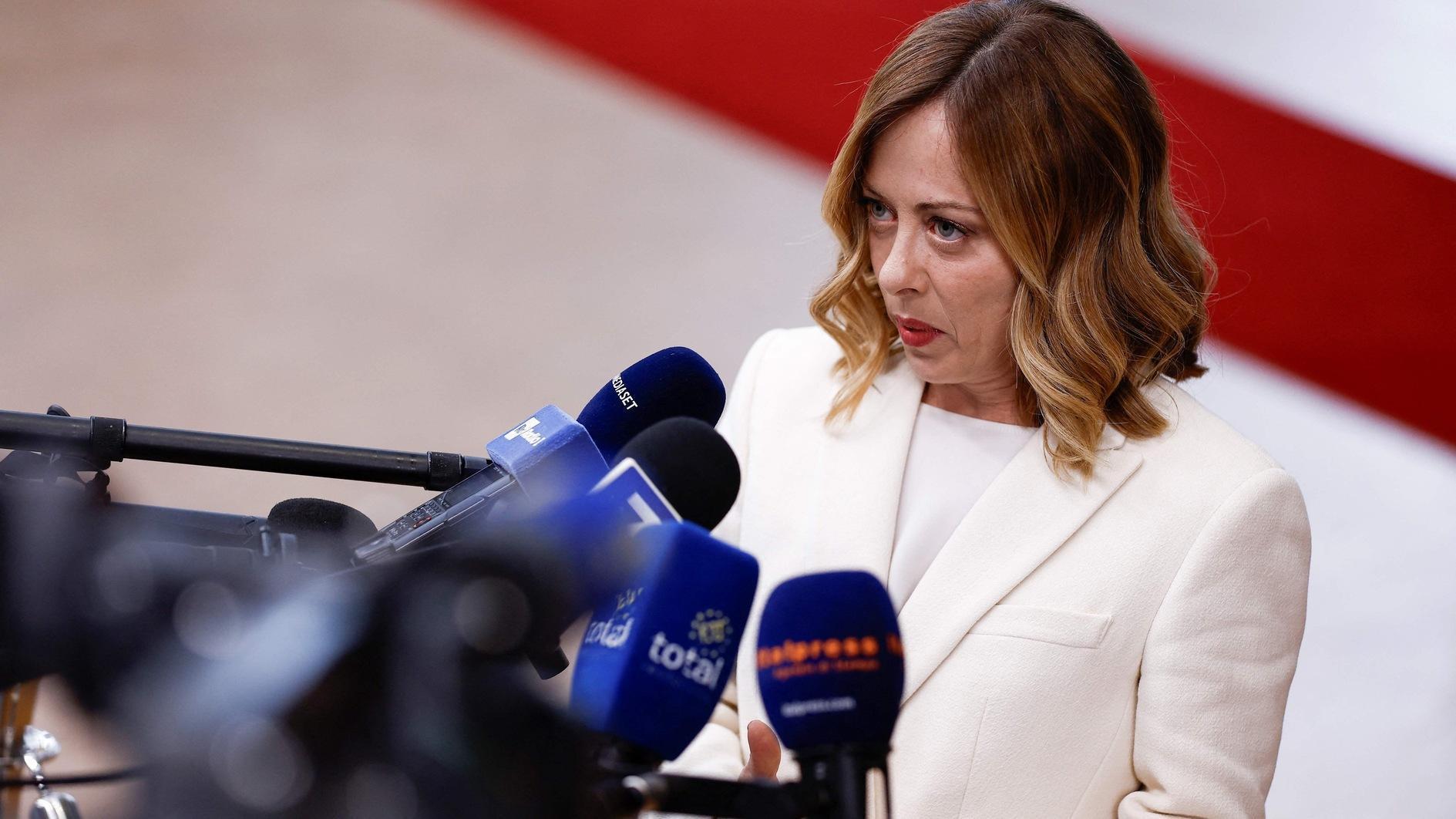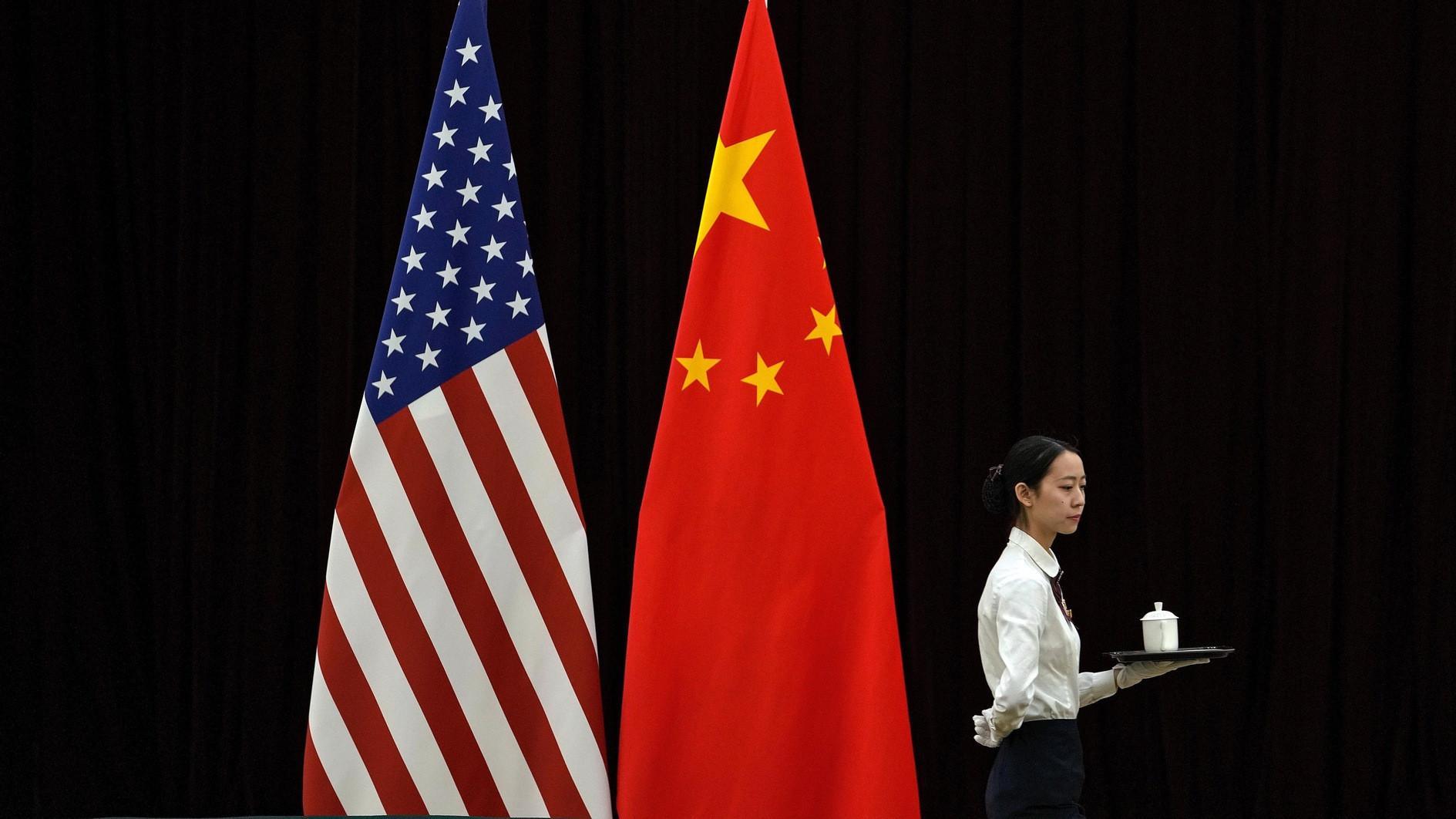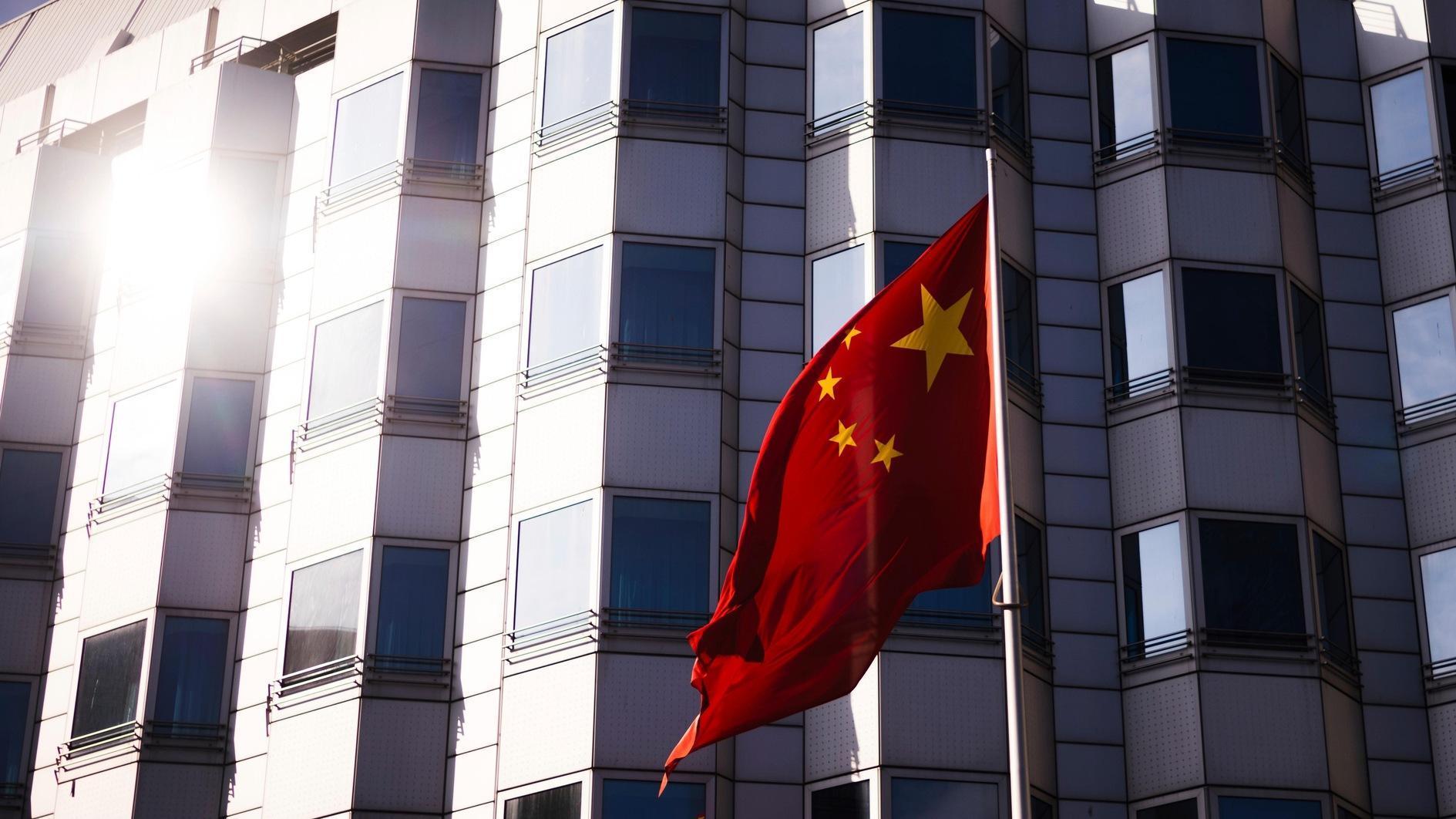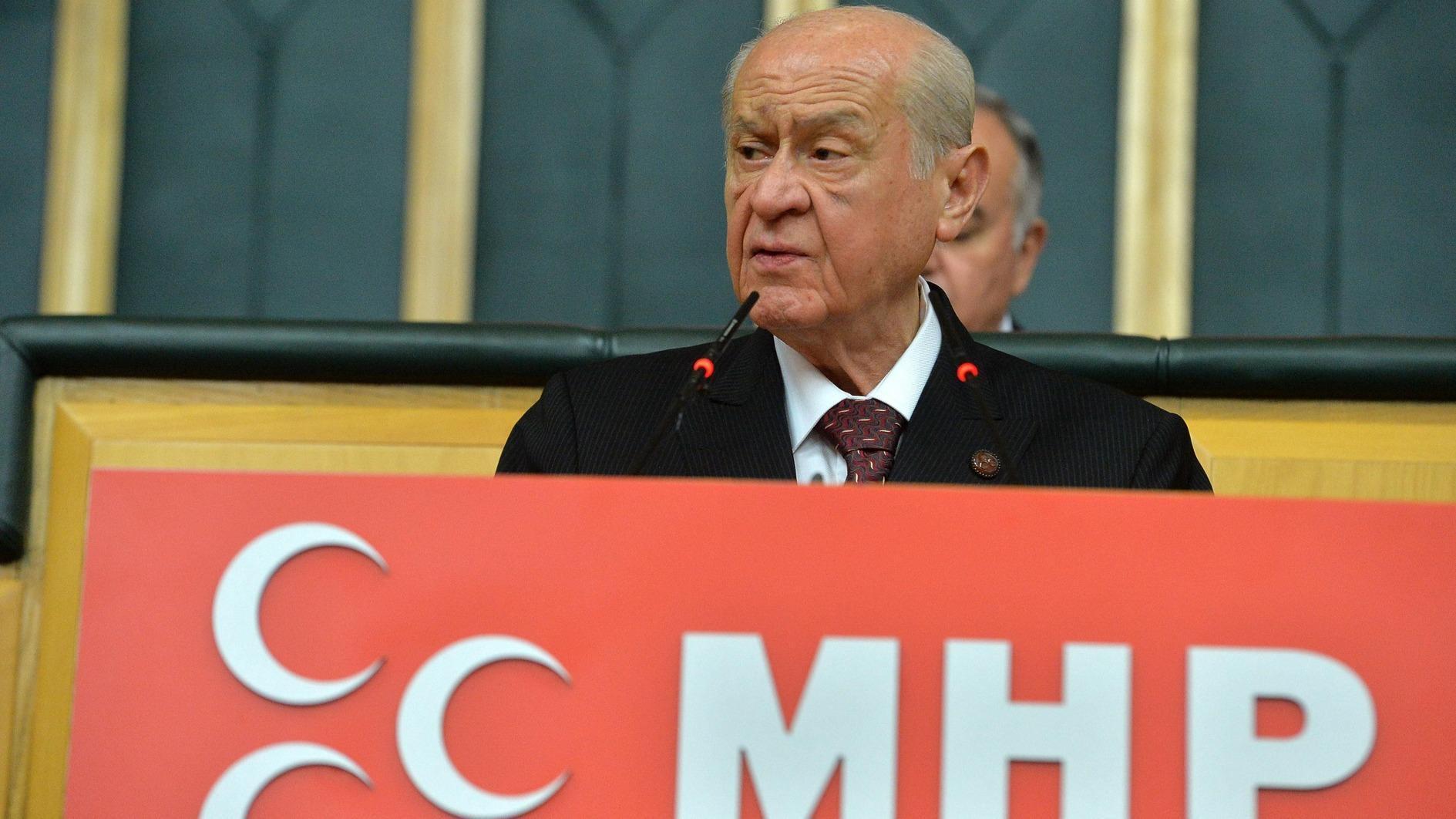Solution in Cyprus to contribute to global energy security: Turkish Cypriot president
ISTANBUL
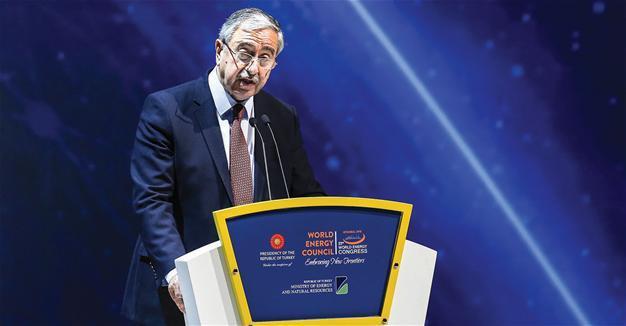
AA Photo
A solution in Cyprus will help ensure the world’s energy security and access to energy sources, according to Mustafa Akıncı, the president of Turkish Cyprus.“Depending on the approach of the Greek Cypriots, it would be possible for us to have a federation with two divisions [on both sides of the island] in a very short time. In such a case, the United Cyprus Federation would make serious contributions to the world’s energy security and energy access topics,” he said in a special address during the 23rd World Energy Congress in Istanbul on Oct. 10.
“A new energy corridor between the Eastern Mediterranean and Europe through Turkey would be very secure, low cost and efficient. It would not only benefit the Turkish Cypriots and Greek Cypriots in Cyprus, or Turkey, but would also be a huge opportunity and potential for a very large geographical area,” Akıncı said.
Israel and Egypt would also benefit if there is a peace deal in Cyprus, he said.
The president also highlighted the expense and hardship of implementing a subsea power cable project in the Mediterranean Sea between Israel, Greek Cyprus, Crete and Greece, suggesting an alternative route that is shorter and cheaper.
“The solution to problems on the island will create new horizons that could be opened for all of us in the energy sector. The Middle East could be geographically connected to the West via an underwater connection through a more feasible project between Israel, possibly the Cyprus Federation, and Turkey,” he said.
Akıncı highlighted that the majority of energy production was based on fossil raw materials, and stressed the importance of accessing clean and durable energy resources.
The president said he had been negotiating for a comprehensive solution to the Cyprus problem for the past 16 months.
“Greece, Turkey and the island have the chance of redefining the concept of solidarity,” he added.
The Eastern Mediterranean island of Cyprus has been divided since 1974 when Turkey partially intervened in the north of the island following a coup that aimed at unification with Greece.
While peace talks on the island have previously failed to reach a permanent solution to the conflict, peace negotiations were re-launched under the auspices of the United Nations in May 2015 after Akıncı’s election as the new president of Turkish Cyprus.


